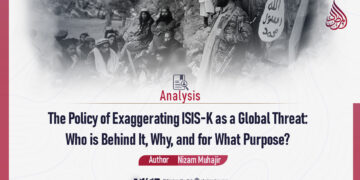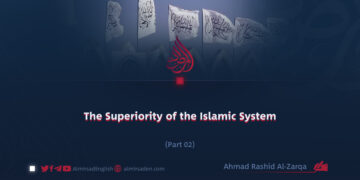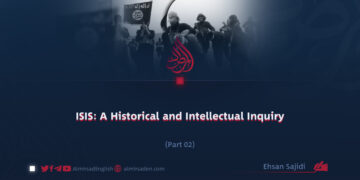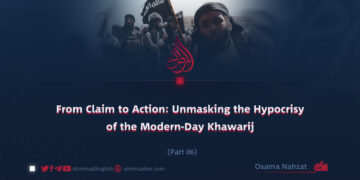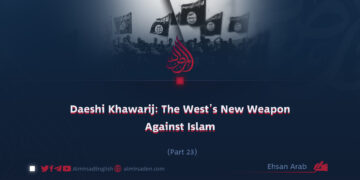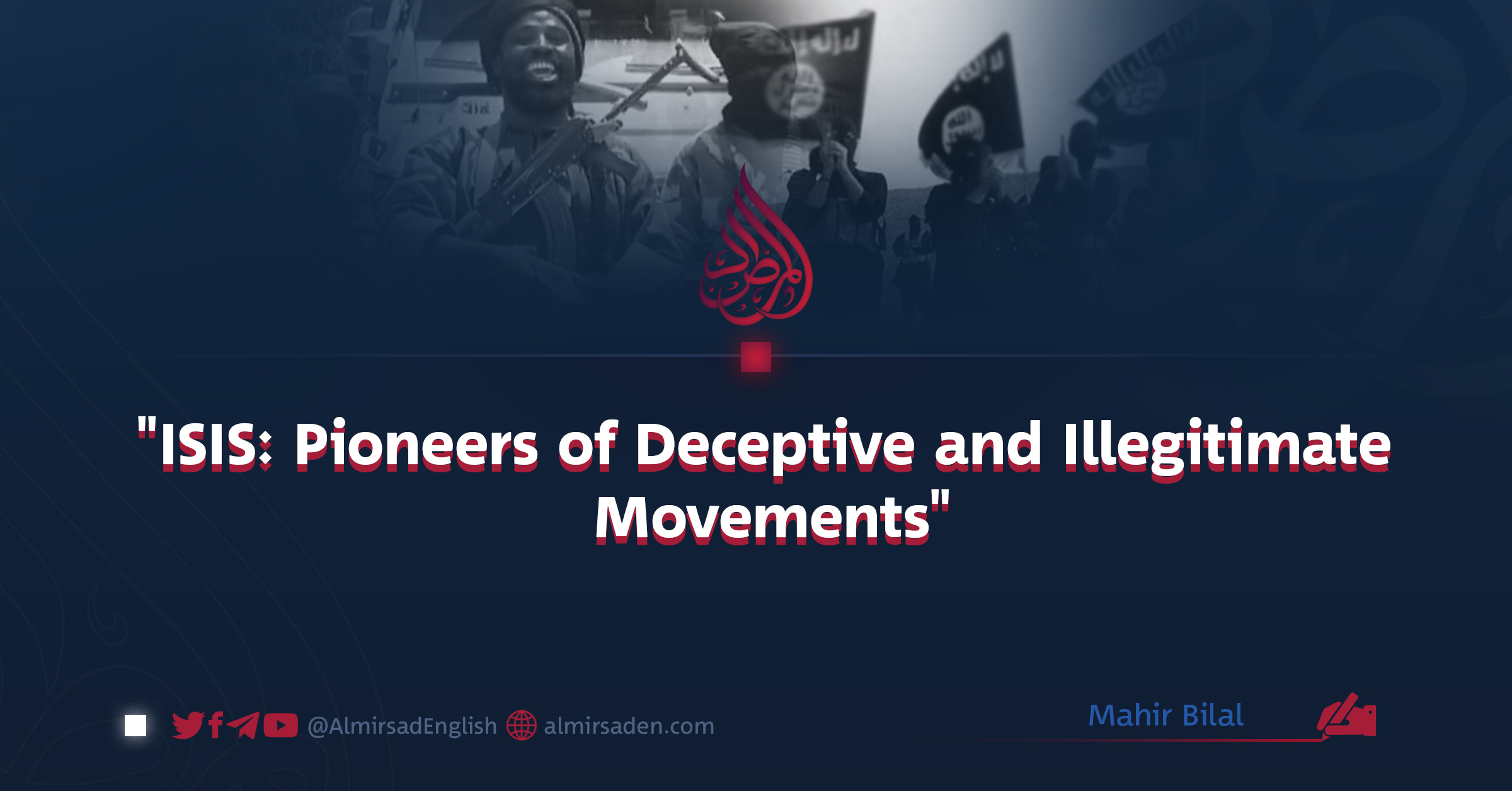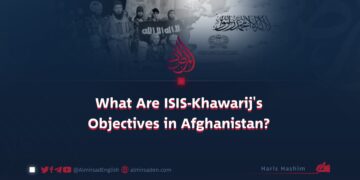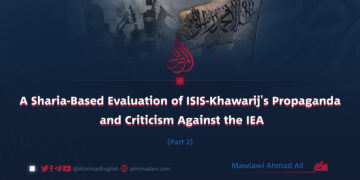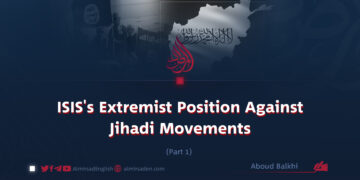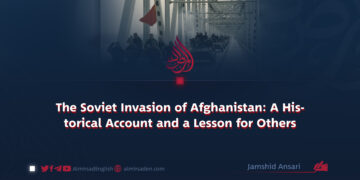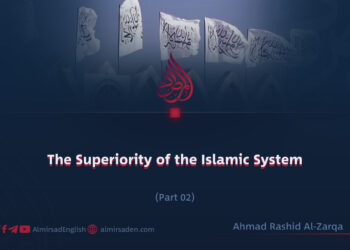Written by: Mahir Bilal
It is widely recognized that systems and organizations aligned with the standards of truth tend to be more sustainable and cohesive. Conversely, groups built on falsehood consistently fail to meet these standards and rapidly deteriorate.
Similarly, ISIS has not aligned with the principles of truth nor demonstrated cohesiveness since its inception. Individuals within this group, in addition to targeting other believers, have directed their aggression towards their own fellow Khawarij in pursuit of authority and control. As a result, many have been eliminated, branded as apostates, or forcibly removed from their ranks.
The separation of some truth-seeking individuals from the ISIS Khawarij is another discussion that adds depth to this topic. Scholars, youth, and other prominent figures who distanced themselves from the Khawarij have exposed shocking truths about them, revealing things that range from shame to anger.
These revelations include instances of adultery, theft, kidnapping, sodomy, extortion, and other reprehensible behaviors that have prompted individuals to disassociate from this condemnable Khawarij group.
In essence, had the Khawarij been on the path of truth, their leaders would have followed a single, defined strategy, and they would have minimized their differences regarding actions and ideologies. However, the ISIS Khawarij are the leaders of false groups, which is why they are always in chaos and are now struggling for their survival.
In conclusion, external projects are always incomplete, designed only for a specific objective. Once the goal is achieved, these project-based programs collapse, just like the ISIS Khawarij. The U.S. and Israel have reaped the benefits of their endeavors, leaving this project in a state of limbo—neither flourishing nor perishing. Consequently, they now rely on proxies (such as Pakistan and Tajikistan) for sustenance, lacking direct support from their former backers.




